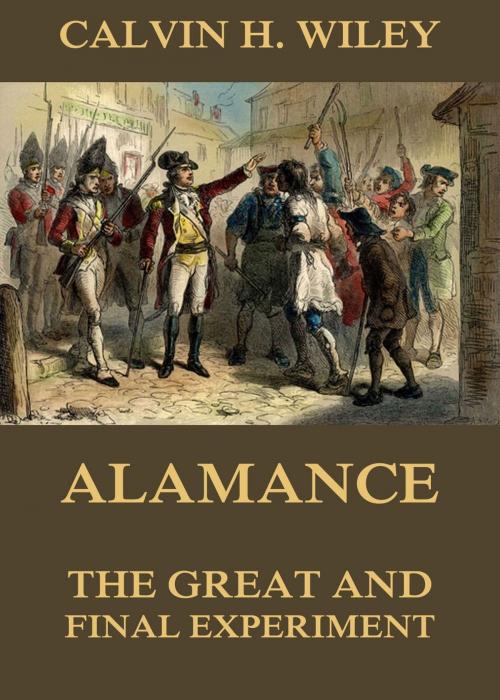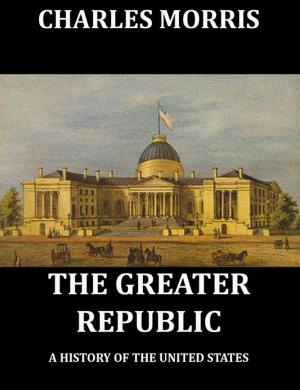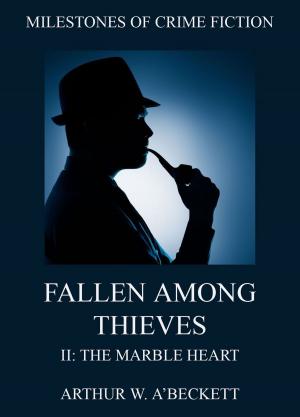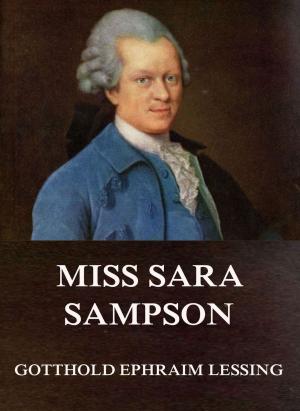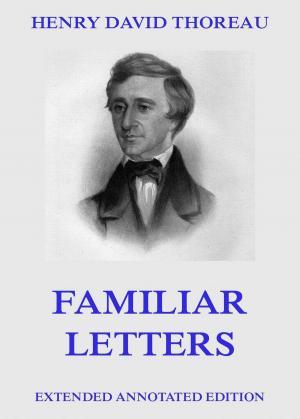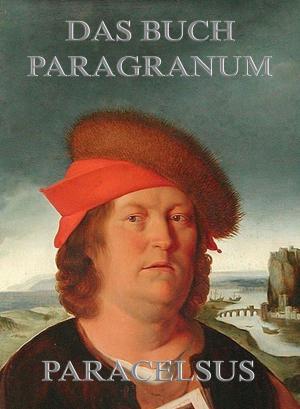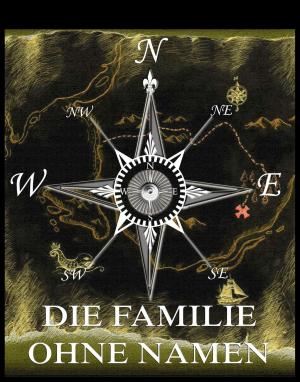Alamance - The Great And Final Experiment
Nonfiction, History, Americas, United States, Fiction & Literature, Historical| Author: | Calvin Henderson Wiley | ISBN: | 9783849643768 |
| Publisher: | Jazzybee Verlag | Publication: | April 7, 2014 |
| Imprint: | Language: | English |
| Author: | Calvin Henderson Wiley |
| ISBN: | 9783849643768 |
| Publisher: | Jazzybee Verlag |
| Publication: | April 7, 2014 |
| Imprint: | |
| Language: | English |
There is something peculiarly pleasing in the pictures which Mr. Wiley presents to the imagination. He does not deal in the darker and sterner materials of humanity to which some writers of fiction are so partial, and which they find so useful in making up scenes of agony and horror. Neither does he delight, as some, to pour out bitterness and gall, satire and invective, against social order and the human race. His landscape has always more of the sunshine than of the shade, and his men and women the clear serene aspect of truth and goodness. He relies for effect on the influence of the gentler rather than of the more violent emotions, and appeal* much more to the affections than to the passions. The reader of " Alamance " on closing the volume, Will not feel perhaps the fierce and painful agitation consequent upon the perusal of a fiction of the modern French school, but he will find his mind stored with scenes and ideas on which the memory will dwell with oft recurring pleasure, he will find himself a wiser, a belter, and a happier man. As a writer of historical fiction, Mr. Wiley deserves special commendation. He has opened an entirely new vein of American history. His " Alamance" and his "Utopia" have given an unpre-cedented impulse to historical inquiry in the state of North Carolina, to which they both refer.
There is something peculiarly pleasing in the pictures which Mr. Wiley presents to the imagination. He does not deal in the darker and sterner materials of humanity to which some writers of fiction are so partial, and which they find so useful in making up scenes of agony and horror. Neither does he delight, as some, to pour out bitterness and gall, satire and invective, against social order and the human race. His landscape has always more of the sunshine than of the shade, and his men and women the clear serene aspect of truth and goodness. He relies for effect on the influence of the gentler rather than of the more violent emotions, and appeal* much more to the affections than to the passions. The reader of " Alamance " on closing the volume, Will not feel perhaps the fierce and painful agitation consequent upon the perusal of a fiction of the modern French school, but he will find his mind stored with scenes and ideas on which the memory will dwell with oft recurring pleasure, he will find himself a wiser, a belter, and a happier man. As a writer of historical fiction, Mr. Wiley deserves special commendation. He has opened an entirely new vein of American history. His " Alamance" and his "Utopia" have given an unpre-cedented impulse to historical inquiry in the state of North Carolina, to which they both refer.
